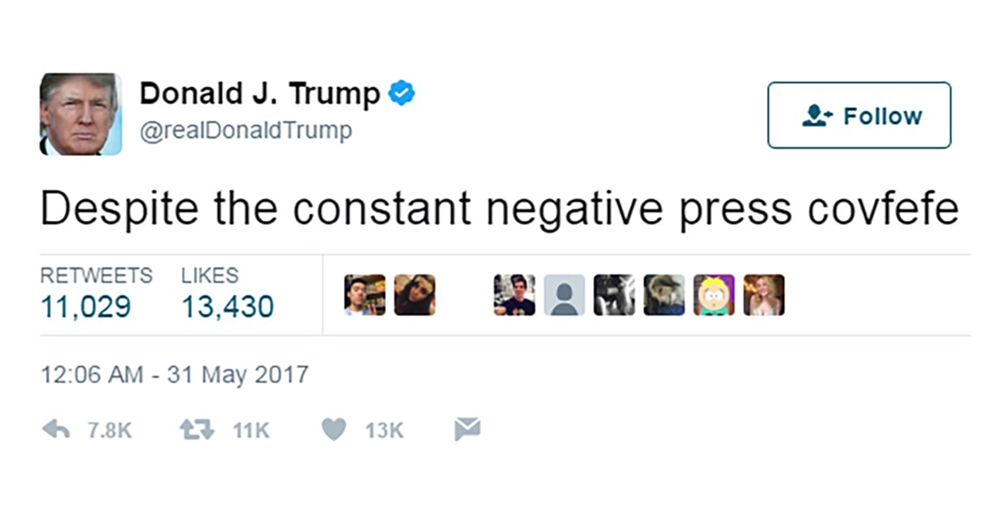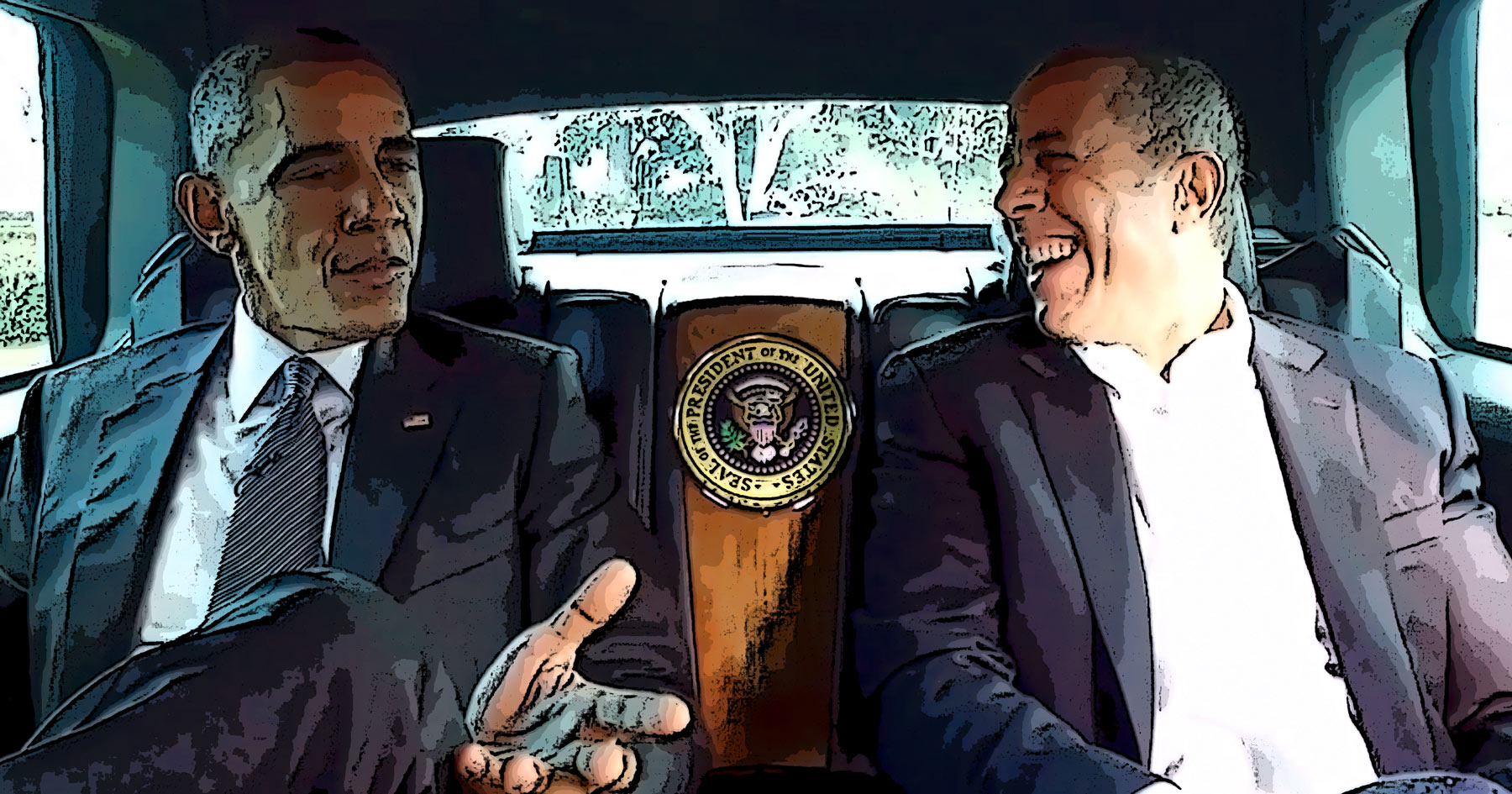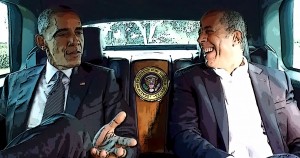Howard Schultz’s recent announcement that he might run for president “sent a shiver through the Democratic Party,” writes David Siders at Politico, “terrifying party officials who fear a well-funded, third-party candidate could siphon votes from the Democratic nominee and hand a second term to Trump.”
Schultz is the former Starbucks Coffee CEO, whose success with customers in the marketplace is hard to quibble with. Nonetheless, his “welcoming” into the contest has been less than friendly.
President Trump taunted that he lacked the “guts” to run. Democrats — appalled that the billionaire, a lifelong Democrat, who has given nearly $200,000 to candidates sporting the D on their chests, would consider an independent run — called it “half-baked” and yet “an existential threat.”
Note that Mr. Schultz has stated he will not run if he thinks he cannot win.
As I’ve long argued, there’s a better way to prevent spoilers: use ranked choice voting, like they do in Maine, so that voters can better express themselves, and not help elect the candidate they like least by voting for the candidate they like most.
At this point, Howard Schultz’s impact is to expose the socialistic impulses of Democrats running for president. The liberal Schultz has already taken on Sen. Elizabeth Warren’s wealth tax idea and bashed Sen. Kamala Harris’s Medicare-for-all. He opposes free college as something “we can’t afford.”
Among the battalion of Democrats already seeking or likely to seek the party’s presidential nomination, is there even one able to articulate that there might be something “we can’t afford”?
Democrats much prefer a comparison with Trump to a comparison with Schultz.
This is Common Sense. I’m Paul Jacob.










